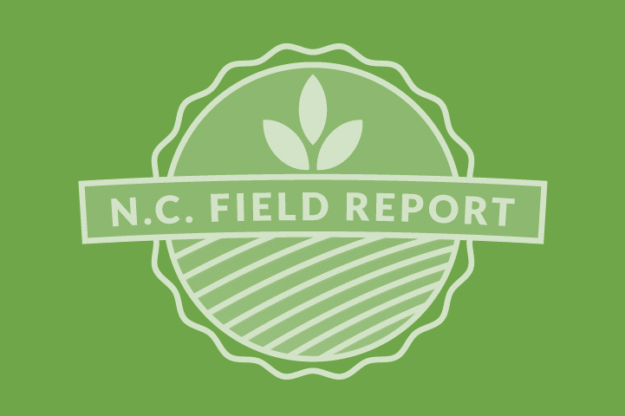To Harvest, or Not to Harvest
With many water-damaged soybeans across the state, growers question whether to harvest these crops or not. NCSU’s Ag Resources Economist Dr. Nick Piggot has put together some suggestions for answering this question. The first thing a grower needs to do is calculate what the break-even yield is to warrant combining the field. This is the minimum yield…
Details



